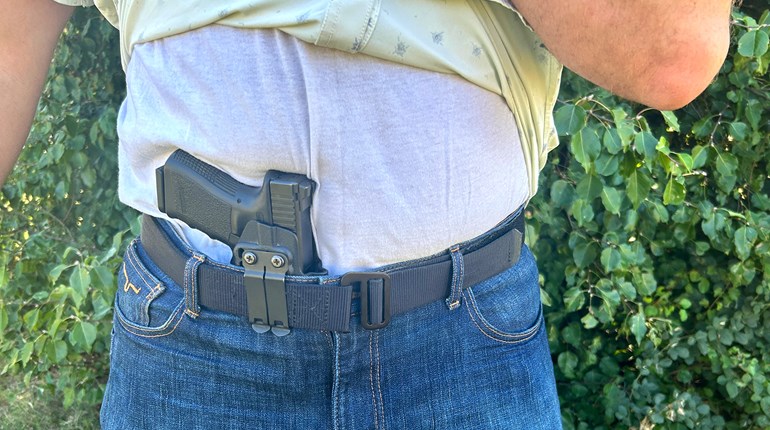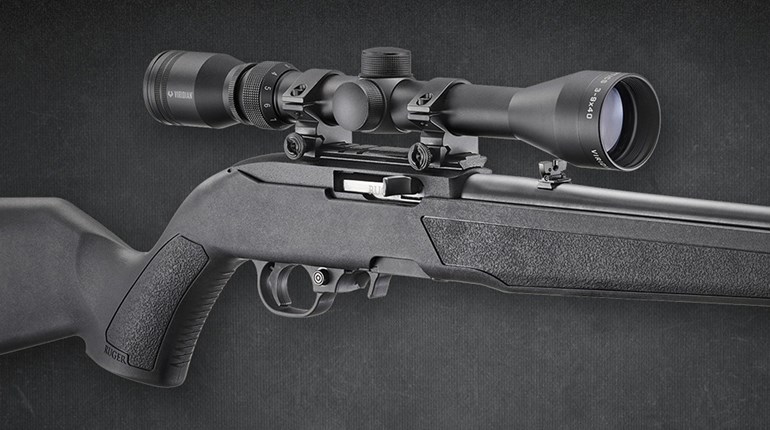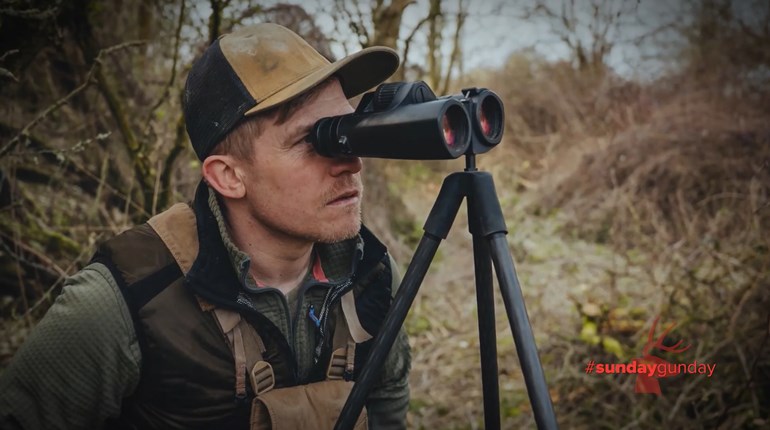
The Cambridge Dictionary’s meaning of the word “mindset” is described as “a person’s way of thinking and their opinions.” What the heck does that even mean?
When someone talks about “mindset”, do they define what that word actually means and how it is exercised in self preservation?
Personally, I think the word “mindset” is very valuable but it can be used without much thought to the actual application of its purpose. I wondered if I was alone in this so I reached out to six of the top decision and “mindset” people in the field and asked them to share their thoughts, and in doing so, I hit the jackpot.
Learning Mindset From The Experts
I would like to start off with The Complete Combatant’s very own, Brian Hill. Yes, he is my awesome husband, co-owner of The Complete Combatant, and I respect his opinion very much. Brian said “The concept of mindset is often mentioned in training but is not well defined, sometimes being simply attributed to having the proper attitude. A clear goal that is well defined is essential to training.”
“Mindset is a series of expectations and associations allowing the intuitive mind to recognize patterns that are normal or different,” Hill went on to say. “This creates a baseline for pre-need decisions and evaluating the context of the situation leading to a binary decisions process, if everything is normal then continue on the present course, or if this is possibly dangerous then begin changing and gathering information allowing decisive action. The key to this state is to be as fully present as possible when needed in daily life.”
Classical Mindset
I also contacted Claude Werner, The Tactical Professor. This is what Claude had to say, “When talking about mindset, it’s useful to consider the term ‘ethos’ from Greek philosophy. Merriam-Webster defines ‘ethos’ as “the distinguishing character, sentiment, moral nature, or guiding beliefs of a person, group, or institution.” Our mindset is the set of guiding beliefs that motivate our thoughts and actions. When reflecting on ethos, the balance between passion and caution was very important to the philosopher Aristotle. Personal protection is deeply tied to passion and caution. The desires to survive and to thrive are passions that drive us to protect ourselves and our loved ones.
“At the same time,” Werner continued, “we must be cautious to ‘do the right thing’ and to do it in the right way. Mental and physical preparation guide and inform our personal protection ethos so that we achieve that critical balance between passion and caution. Thinking and planning ahead, thereby developing an informed mindset, help us achieve success and avoid negative outcomes.”
Lastly, let’s hear from John Murphy, owner of FPF Training and Rangemaster Staff Instructor. “Mindset is a mental commitment reinforced with physical preparation for actions you will undertake when situations require. The foundation comes from the core belief that your worth is intrinsic and the recognition that many life challenges, from simple difficulties to life-threatening evil are part of the natural order. Integral to an appropriate mindset is an understanding of self, circumstances, and consequences and how these relate in fulfilling our ultimate responsibility to prevail with will, skill and resilience.”
I defiantly see a pattern here. I love that Brian, Claude and John’s thoughts are similar yet their answers are not “cookie cutter”. Thank you all for contributing to this article.
Putting Mindset Into Practice
Now let’s practice “mindset” based on the definitions above.

You need to go to a gas station to fill up your tank. You pick a location and get in your car. You pull up to the pump and turn your engine off. You grab your credit card and get out of your car. You run the card and put in the required information, lift the nozzle and start pumping gas. After a few minutes, the tank is full so you return the nozzle to the proper place and push NO for receipt. You get back in your car, put your credit card away, and drive off.
This scenario probably seems fairly normal and routine to most of you, and it is, but at what point in this entire decision-making process did you practice “mindset”?
- Did “mindset” thinking start when you got in your car to go to the gas station and immediately lock your doors? If so, you are a winner!
- Why did you choose that specific gas station?
- When you pulled in, did you look at your surroundings and access?
- Did you immediately start gathering information to establish a normal “gas station” baseline?
- Was there anyone you didn’t know nearby? What is their proxemics (distance) from you?
- Did you mentally and physically prepare for an unwanted encounter when you got out of the car?
- Did you lock your car doors when you got out?
- Did you stay aware of your surroundings as you pumped gas and post yourself in a less vulnerable position?
- Did you look around before you got back in your vehicle?
- Did you lock your car doors FIRST and then put away your credit card?
This, my friends is “mindset.” I think Part 1 is a good start to understanding the meaning of the word and I look forward to next month where we will see what Annette Evans of On Her Own, John Hearne, owner of Two Pillars Training and a Rangemaster Staff Instructor, and Stephanie Weidner of Active Self Protection have to say about “mindset”. Until then, practice thinking ahead.




































